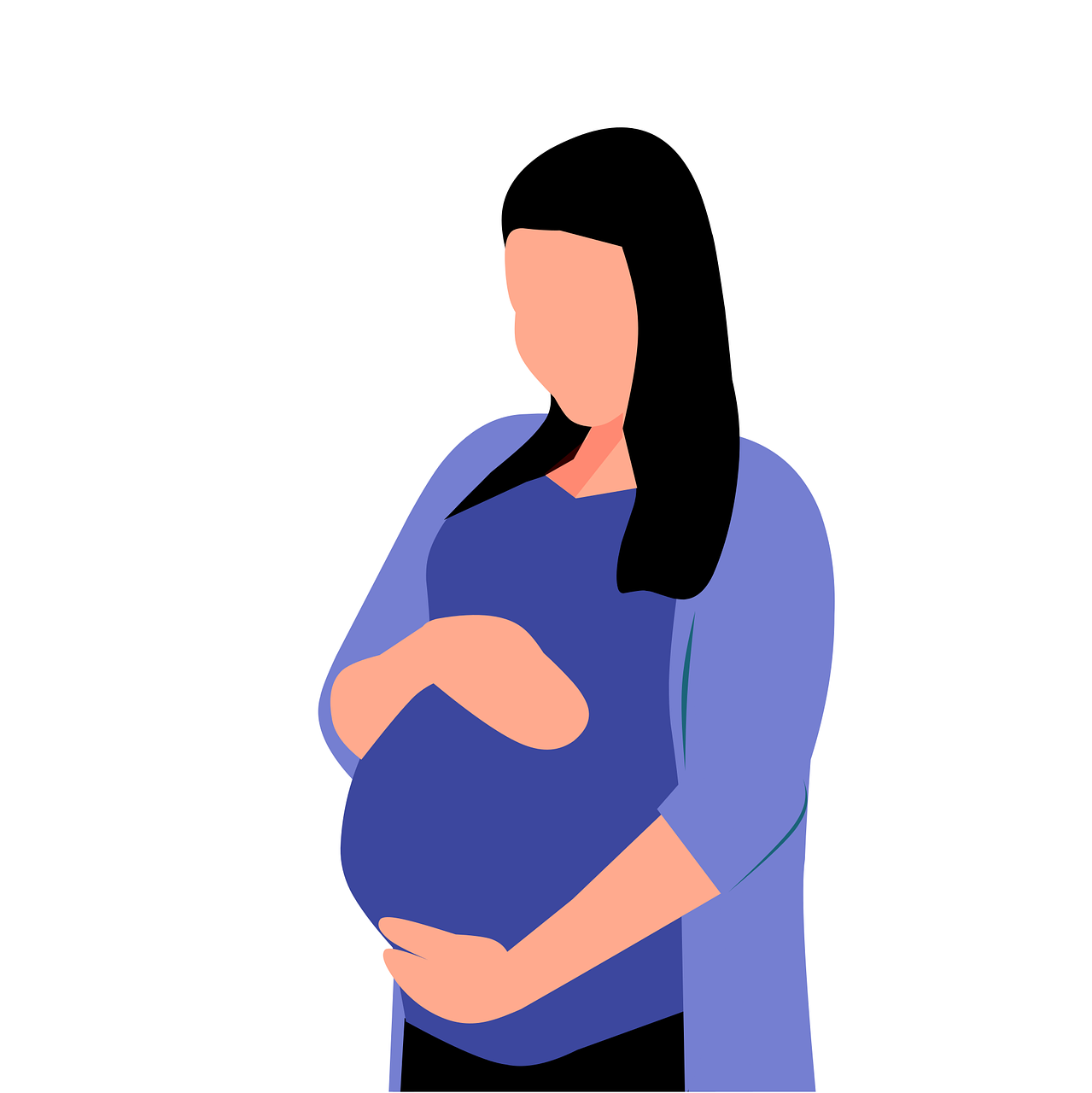
Maternal Health of Migrants in South Africa
Photo by Mohamed Hassan on Pixabay
Maternal health is a key issue in any health discourse globally and access to maternal health care is a concern for all governments (Machiwenyika & Munatswa, 2020). Ensuring access to maternal health for all is essential in achieving the Sustainable Development Goals (SDGs) 2023, particularly goal number 3 “Good Health and Well-being” and goal number 5, “Gender Equality”. Some of the targets for goal number 3 by 2030 include reducing maternal mortality, ensuring universal access to Sexual and Reproductive Health (SRH) care services, end preventable births of newborns and children under the age of 5 and reducing the rate of pre-mature mortality (UN Women, n.d.). With the large proportion of women in their reproductive age migrating, births to migrant women are also increasing (Eslier et al., 2023). In the Southern African Development Community (SADC), almost half of all migrants are women mostly in their reproductive age (African Migration Portal, 2023). Thus, increasing the births to migrant women in the region and highlighting the need to SRH specifically maternal health (Migration Data Trends, 2023). In South Africa access to maternal health for women is considered a fundamental right that all women in the country should be afforded according to National Health Act No. 61 of 2003 and the Constitution of the Republic of South Africa. Furthermore, the Refugee’s Act of 1998 awards refugees and asylum seekers access to treatment and health services as citizens in public healthcare facilities. Furthermore, in April 2023 the Gauteng High Court in Johannesburg upheld the right of all pregnant and lactating women, and children under 6, irrespective of nationality and documentation status, to access free health services at all public health establishments, including hospitals. This challenged the denial of health care services for pregnant migrant women in South Africa particularly in Gauteng. The court also declared that all policies and circulars that prevent pregnant and lactating women and children under 6 from accessing free health services are declared inconsistent with the National Health Act and are invalid (Scalabrini, 2023). This means that all pregnant and lactating women and children under the age of 6 are entitled to free health care at all times and any document or act that opposes this is unlawful.
Although the law grants free access to maternal health care for migrant women, a study by Mataranyika and Munatswa (2020) show that migrant women are denied access at times to maternal health care especially in cases where access to and shortages of medicine are considered as a result of abuse, overuse and misuse of free access to health care services by migrant women. Other studies have indicated barriers to maternal health for migrant women. Language barriers which gave rise to labelling and stereotyping by health care providers, lack of documentation which resulted in denial of care in some instances and medical xenophobia perpetuated by health care providers are some of the barriers experiences by migrant women in accessing health care (Hunter-Adams & Rother, 2017; Freedman et al., 2020; Crush & Tawodzera; Palmary, 2017). Besides the discrimination in the health care settings, migrant women experience barriers to maternal health care due to domestic violence, transformation of gender norms and relations during migration, and differing gender norms between the host and origin countries (Freedman et al., 2020).
As we celebrate women’s day this year, it is essential to make strides towards achieving the SDGs and in ensuring that all women including migrant women get access to SRH specifically maternal health for those in the reproductive stage. All barriers to access from different levels (individual, community, institutional and policy level) need no be removed for equal access. Awareness campaigns and advocacy need to be heightened to ensure that the migrant women have access to maternal health care in South Africa.
References
1. Crush, J., & Tawodzera, G. (2014). Medical xenophobia and Zimbabwean migrant access to public health services in South Africa. Journal of Ethnic and Migration Studies, 40(4), 655-670.
2. Eslier, M., Azria, E., Chatzistergiou, K., Stewart, Z., Dechartres, A., & Deneux-Tharaux, C. (2023). Association between migration and severe maternal outcomes in high-income countries: Systematic review and meta-analysis. PLoS medicine, 20(6), e1004257.
3. Freedman, J. (2015). Gendering the international asylum and refugee debate. Springer.
4. Hunter-Adams, J., & Rother, H. A. (2017). A qualitative study of language barriers between South African health care providers and cross-border migrants. BMC health services research, 17, 1-9.
5. Machiwenyika, M. R., & Munatswa, E. T. (2020). The paradox of free access to maternal health: The twofold narrative of pregnant migrant women in Johannesburg. Southern African Journal of Public Health, 4(1), 4-9.
6. Migration Data Trends. (2023). Migration Data in the Southern African Development Community (SADC). https://www.migrationdataportal.org/regional-data-overview/southern-africa.
7. Scalabrini. (2023). Court Order: Right of all pregnant and lactating women and children under 6 to access free health. Available online: https://www.scalabrini.org.za/court-order-right-of-all-pregnant-and-lactating-women-and-children-under-6-to-access-free-health-care/
8. Palmary, I. (2017). Gender, sexuality and migration in South Africa: Governing morality. Springer.
9. UN Women (n.d.) SDG 3: Ensure healthy lives and promote well-being for all at all ages. Available online: https://www.unwomen.org/en/news/in-focus/women-and-the-sdgs/sdg-3-good-health-well-being#:~:text=By%202030%2C%20reduce%20the%20global,into%20national%20strategies%20and%20programmes.
10. Wångdahl, J., Lytsy, P., Mårtensson, L., & Westerling, R. (2018). Poor health and refraining from seeking healthcare are associated with comprehensive health literacy among refugees: a Swedish cross-sectional study. International journal of public health, 63, 409-419.
Categories:
Tags:

